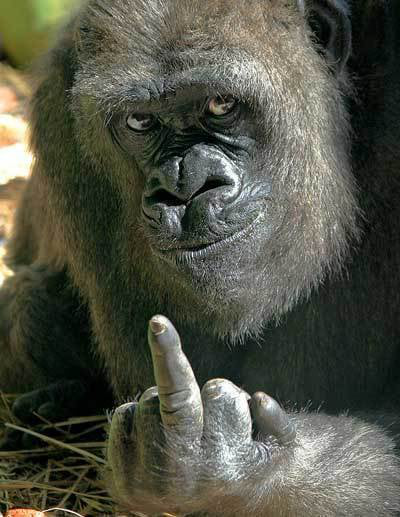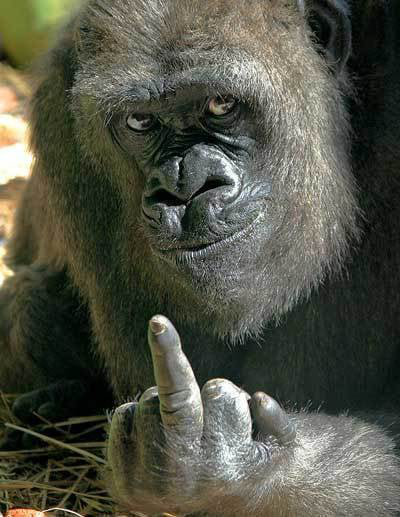Barn stars are a sweet ornament frequently spotted above the door at the top of a barn. They can be painted on or made out of metal stars. As an alternative, hex signs or quilt squares are occasionally used in their stead. There is a purpo Hex Signs aren’t the Same A New England artist named Wallace Nutting visited Pennsylvania Dutch Country in 1924 and “misinterpreted” the original quilt squares or barn stars to create the hex signs. “He was describing something real, but what he was describing was misunderstood,” Donmoyer explained. “It was not the stars on the barn that he was describing, it was actually this idea of the hexenfoos. He kind of transposed the two aspects of the tradition.” These designs were being reinvented by the 1950s and were now a popular tourist destination. A reminder of the ingenuity, labour, and customs of a culture that has long confounded mainstream society is provided by the appearance of barn stars and quilt squares on barns throughout Pennsylvania Dutch country. These symbols stand for culture and traditions that have been passed down from one generation to the next. Consequently, despite being widely believed to ward off evil, barn stars served for the Pennsylvania Dutch as a decorative remembrance of their forefathers and their native place. Many Cultures Have Something Similar Superstitions have existed for a very long period, as was already indicated. They are intended to aid in warding off evil, avoiding negative karma, and frequently promoting prosperity and happiness. It should come as no surprise that many tribes and nations have their own ancient symbols that have, like barn stars, been altered to fend off evil and safeguard homes and families. Om Om, for instance, is a symbol that is frequently used to offer protection during meditation and other spiritual practises. Although many people have heard the word or sound, the term itself also has a visual interpretation. It is thought to “purify” the body and mind, striking a happy and harmonious balance between tranquilly and the challenges of life. Eye of Horus The Egyptian Eye of Horus is another illustration. The potent emblem, which is frequently found in wall art or jewellery from ancient Egypt, is supposed to offer protection and healing. Or the Hamsa Hand, which is thought to ward against evil and offer good health, luck, and wealth. It is found in the Middle East and the Mediterranean. Turtle It’s fascinating to note that turtles are also a revered emblem. The turtle is regarded as a symbol of longevity, wisdom, fertility, and being grounded by Native American and African tribes. Last but not least, the Norse symbol known as the Helm of Awe is said to shield warriors during combat and instill terror in the hearts of their adversaries. Despite the fact that people in other nations have been cut off from one another, technological improvements have made it simpler to recognise the similarities among many nations and civilizations, each of which has its own name and meaning for these symbols. Nevertheless, each symbol is regarded as promising safety, wealth, and good health and serves as a reminder of our ancestors’ wishes for the future prosperity of our families and community. The intricate history of barn stars is filled with lovely, simple designs. Check out this video for more ideas and instructions: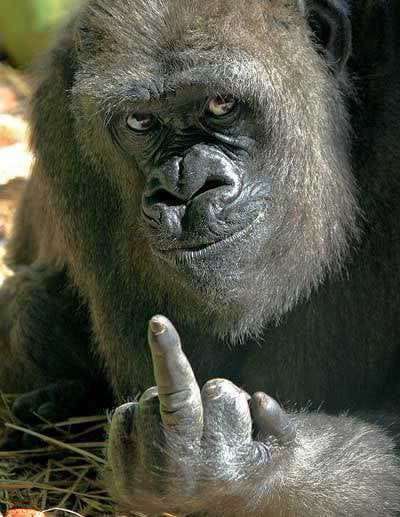
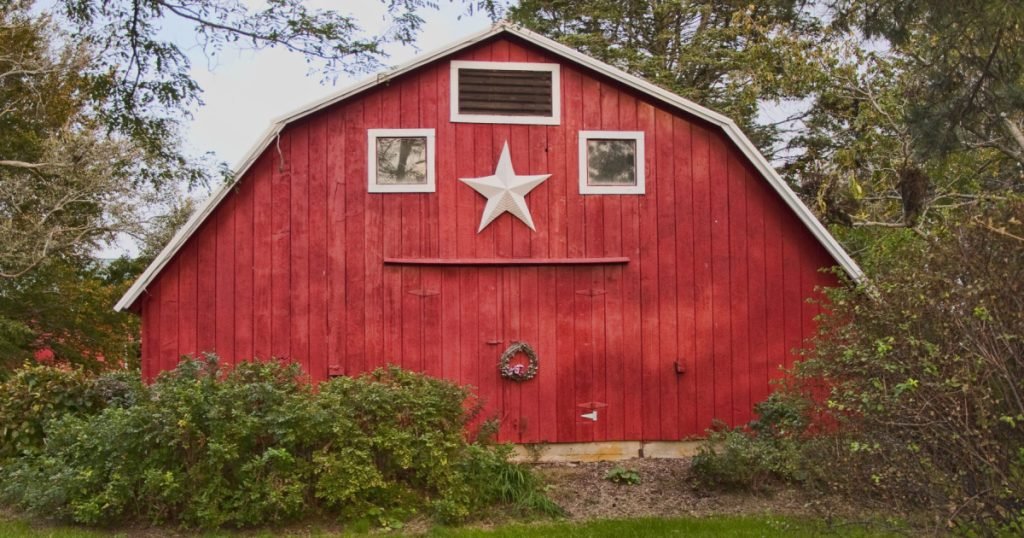
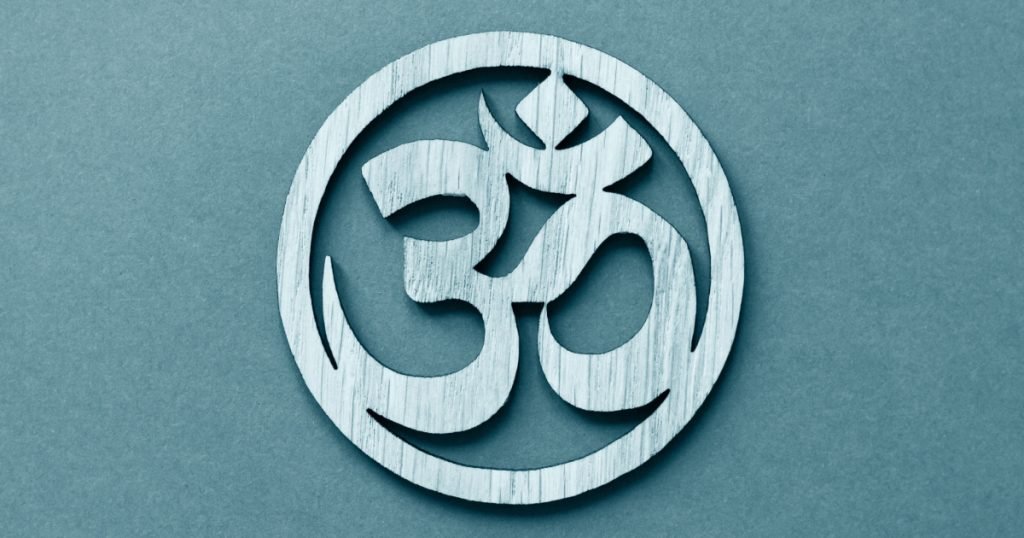

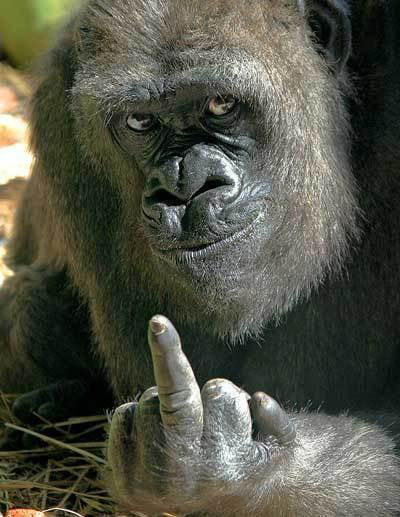
Helm of Awe

Same but Different
